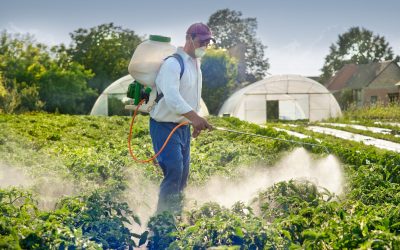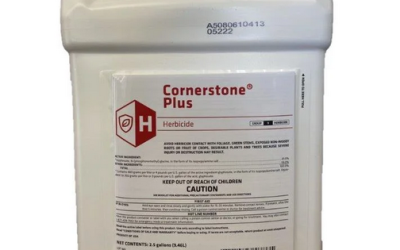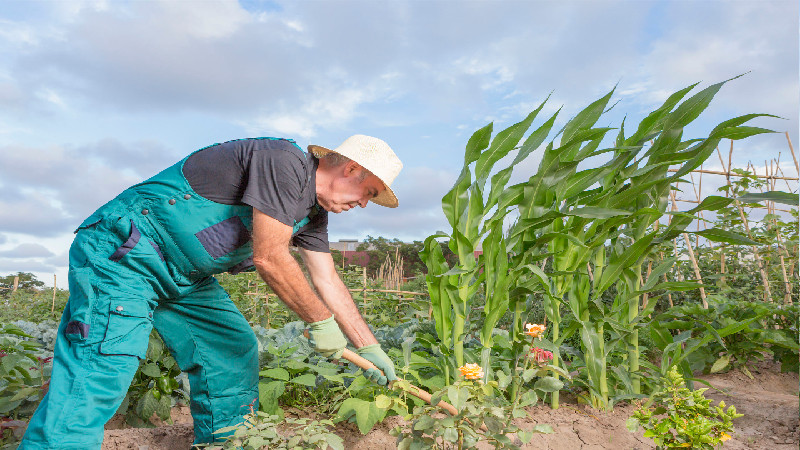A thriving garden is more than just a collection of plants; it is a vibrant ecosystem where roots, soil, and microorganisms interact to create a healthy environment. Many gardeners searching for ways to boost plant vigor and resilience are likely to type “What Is Mycorrhiza” into their browsers, seeking to understand this fascinating underground partnership and how it can transform their gardening results.
The Science Behind Mycorrhiza
Mycorrhiza refers to a symbiotic association between certain types of beneficial fungi and plant roots. What is mycorrhiza? It is a relationship that has existed for hundreds of millions of years and is fundamental to the success of most terrestrial plants. In this partnership, the fungus colonizes the plant’s root system, extending its network of filaments—called hyphae—far into the surrounding soil. These hyphae act as extensions of the root system, dramatically increasing the surface area for nutrient and water absorption.
While plants provide the fungi with carbohydrates formed through photosynthesis, the fungi reciprocate by improving the plant’s access to essential minerals, particularly phosphorus, nitrogen, and micronutrients. This exchange not only fuels healthier plant growth but also enhances the soil structure and biodiversity within the garden.
Unique Benefits for Your Garden
The advantages of incorporating mycorrhizal fungi into garden management are both immediate and long-lasting. One of the most significant benefits is improved nutrient uptake. Mycorrhizal fungi are highly efficient in extracting nutrients from the soil, even from areas that plant roots alone cannot reach. This means plants are better nourished, resulting in robust growth, vibrant foliage, and increased flowering or fruiting.
Another key benefit is enhanced drought tolerance. The extensive network of fungal hyphae enables plants to access water sources deep within the soil, mitigating the effects of dry spells and reducing the need for frequent irrigation. Additionally, mycorrhizal associations can bolster a plant’s resistance to soil-borne diseases by creating a physical barrier against harmful pathogens and promoting beneficial microbial activity in the root zone.
Soil health also receives a boost from mycorrhizal activity. The fungi help bind soil particles together, improving soil structure and aeration. This not only reduces erosion and compaction but also promotes the long-term sustainability of the garden ecosystem.
Practical Ways to Support Mycorrhiza in Your Garden
Encouraging healthy mycorrhizal relationships in your garden starts with mindful gardening practices. Avoiding the overuse of chemical fertilizers and pesticides helps protect beneficial fungal communities. Using organic mulches and compost provides a supportive environment for fungi to thrive. When planting, consider using mycorrhizal inoculants to introduce or boost fungal populations, especially in new or disturbed soils.
Selecting diverse plant species and rotating crops can further enhance the development of mycorrhizal networks, as different fungi prefer different host plants. By fostering these underground partnerships, gardeners can create a resilient, self-sustaining ecosystem that rewards them with healthier plants and more abundant harvests.
For gardeners seeking reliable solutions to support mycorrhizal health, Groundwork BioAg Ltd. stands out as a trusted partner, offering advanced products and expertise to help gardens and crops reach their full potential.



